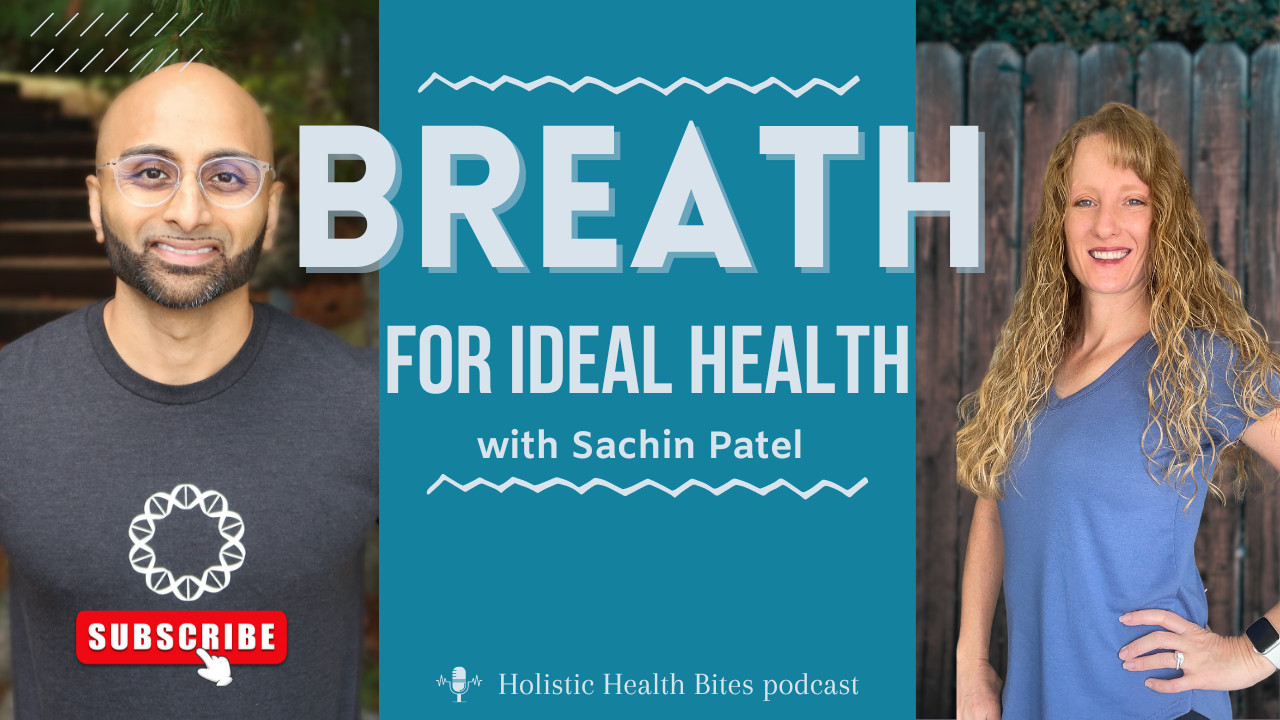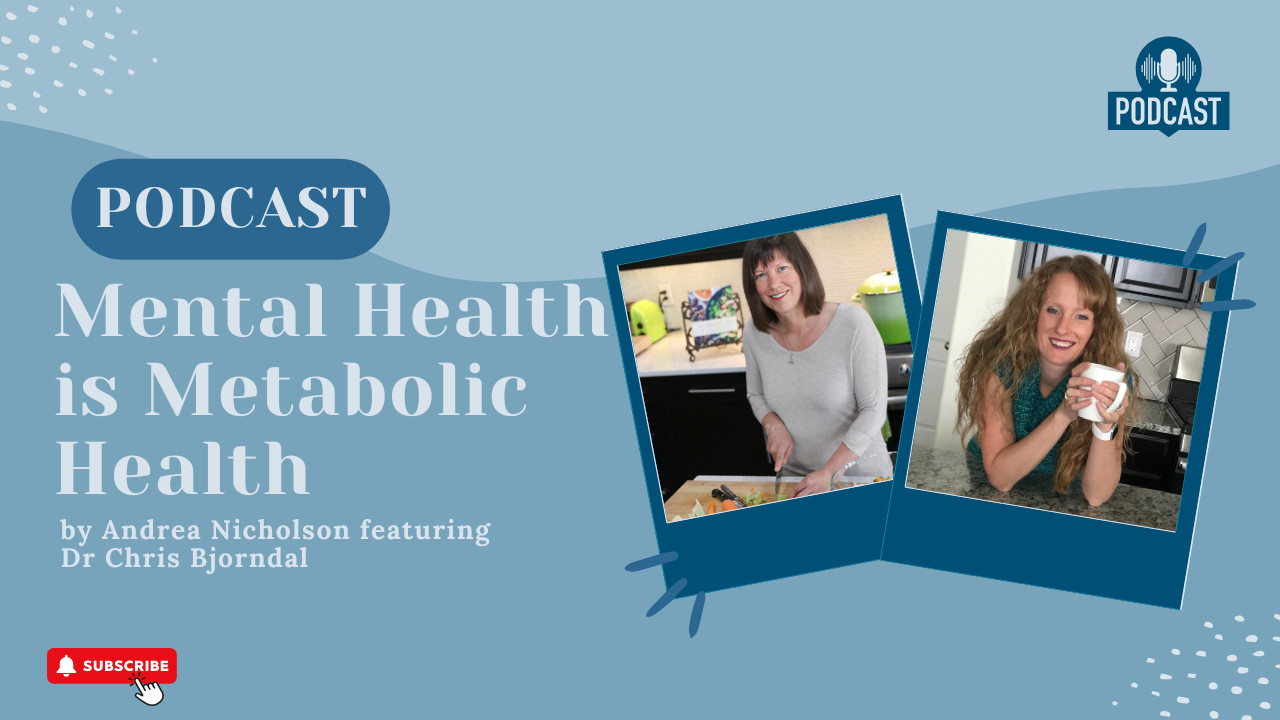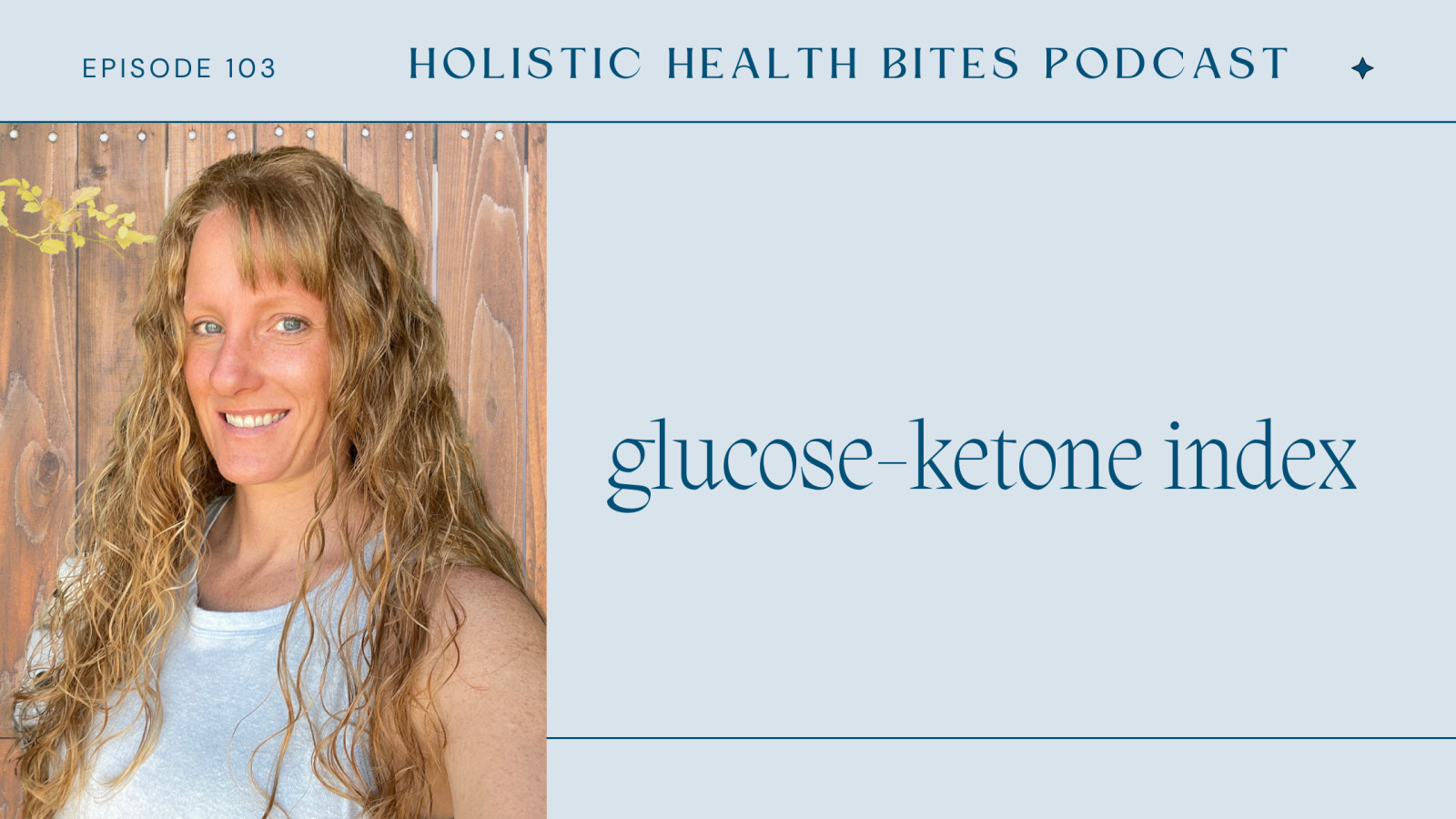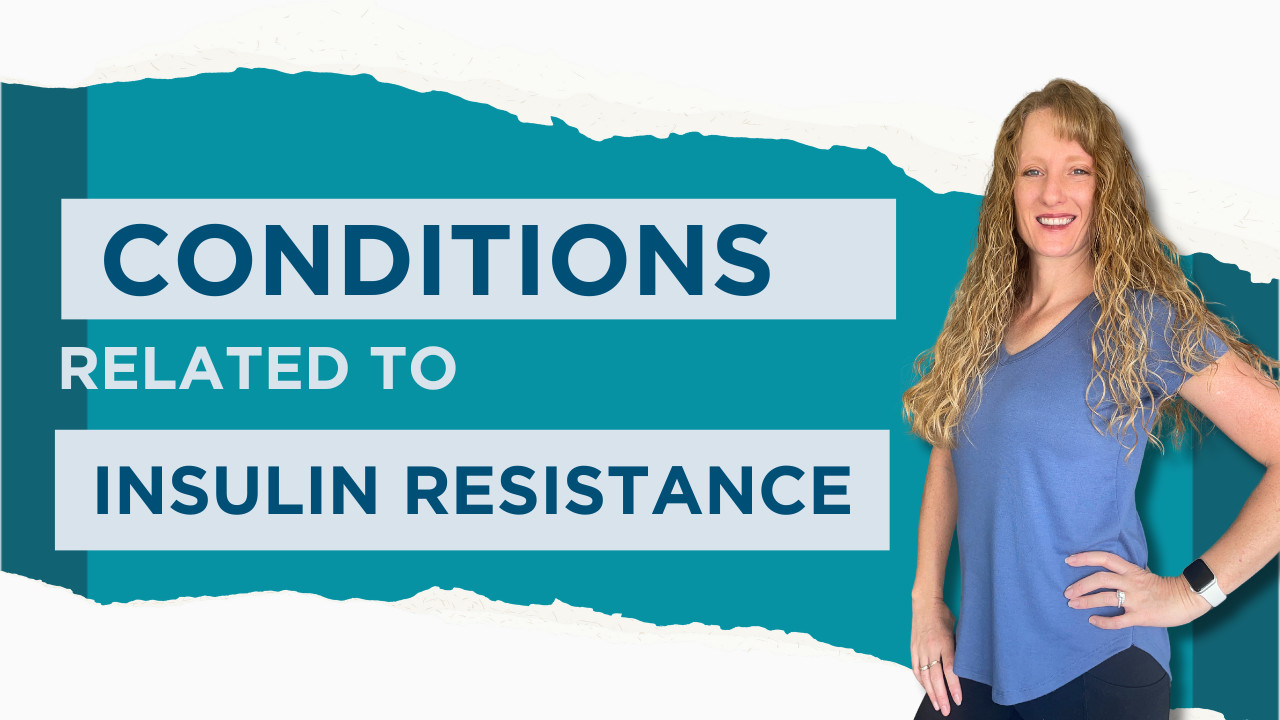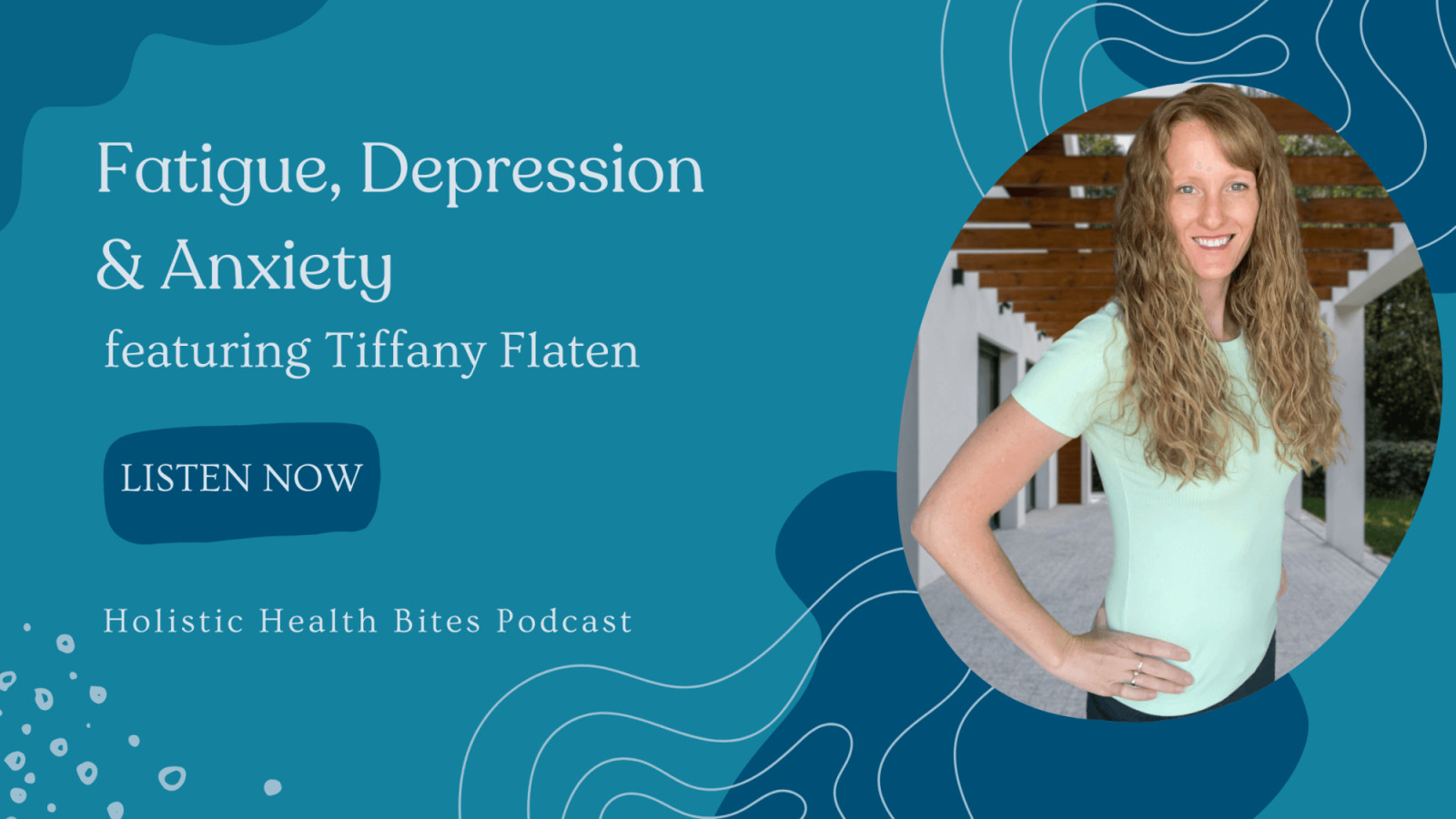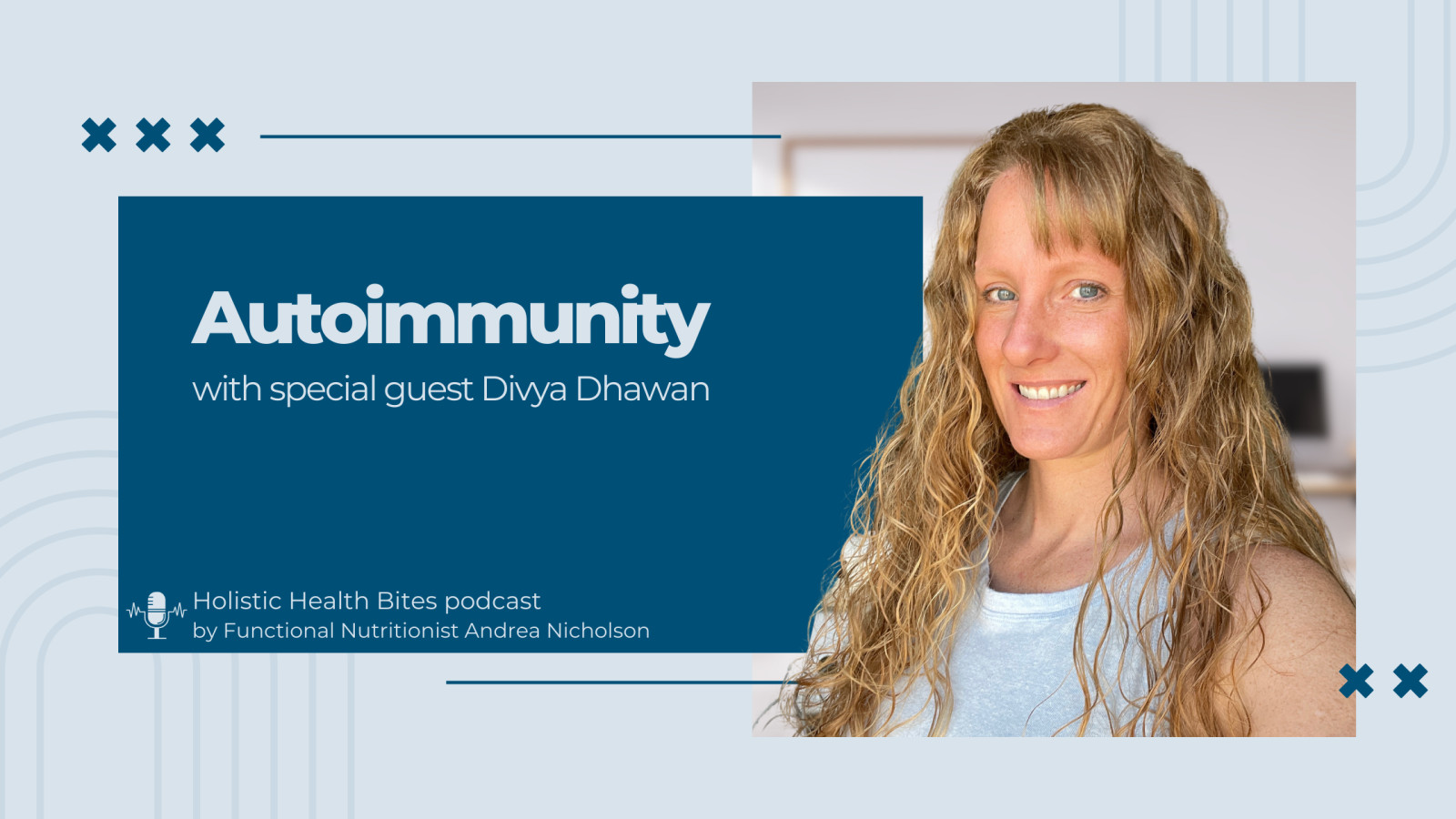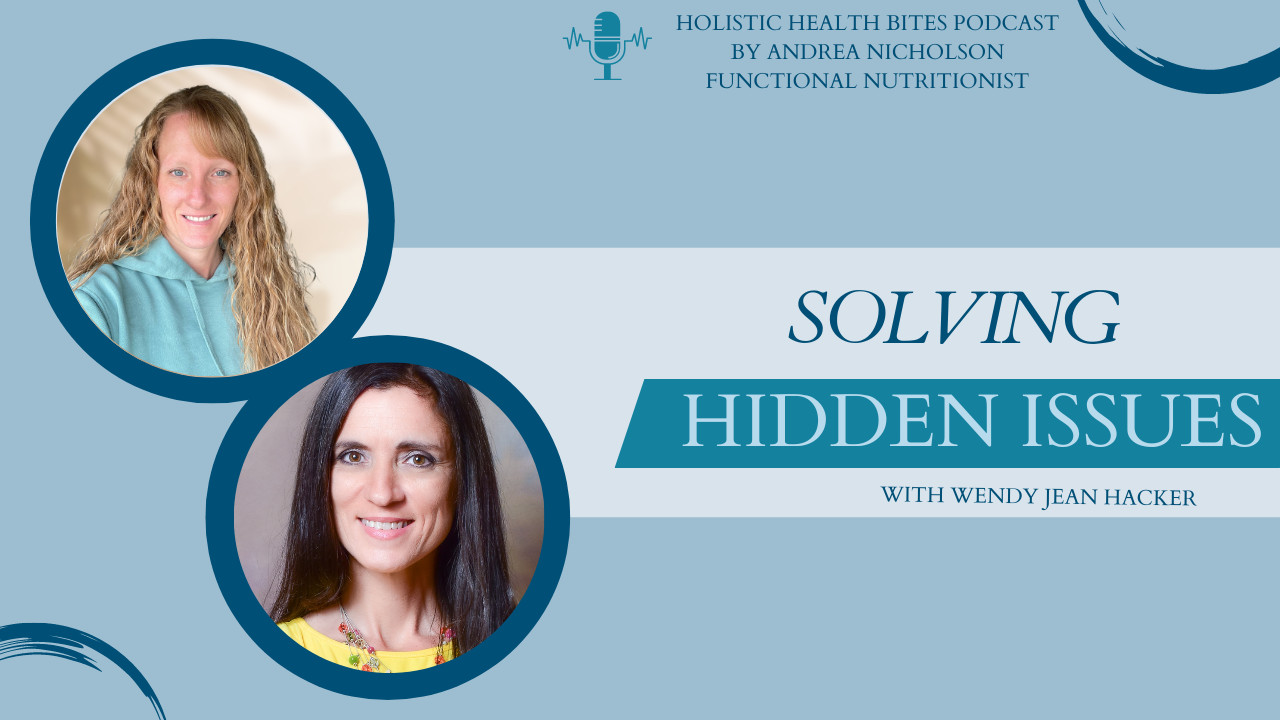In this blog post Functional Nutritionist Andrea Nicholson explains how ketosis is a metabolic state where the body burns fat instead of carbohydrates for fuel. In addition to weight loss, ketosis offers mental benefits such as enhanced focus and clearer thinking. The primary driver of ketosis is carbohydrate restriction, but it can also be achieved through intermittent fasting or reducing carbohydrate intake. The ketogenic diet, which involves low carbohydrate intake, moderate protein, and higher fat intake, has been found to reduce inflammation and may have benefits for those with chronic diseases. However, cautions include avoiding a ketogenic diet during pregnancy or while breastfeeding, the need for professional intervention for those with chronic diseases or on specific medications, and the possibility of experiencing "keto flu" symptoms when first adopting a low carbohydrate or ketogenic style of eating. Overall, ketosis can offer numerous health benefits, including weight loss, improved energy, and reduced inflammation.
Read more...Intermittent fasting (IF) is a popular eating schedule that involves cycling between periods of eating and not eating. It has gained traction in recent years, although fasting has been a part of human history for centuries. IF can be done in various ways, such as following a 16-hour fasting window with an 8-hour eating window. Implementing a healthy, sustainable plan is key, and it is important to start slowly and consult with medical professionals, especially if you have certain health conditions or take medications that may be affected by fasting.
Benefits of intermittent fasting include reducing the risk of heart disease and diabetes, promoting weight loss by reducing calorie intake and regulating blood sugar levels, and improving mental clarity and energy by increasing fat burn and producing ketones. It is important to note that fasting is not suitable for everyone, particularly pregnant and nursing women, individuals with blood sugar dysregulation or eating disorders, and those taking medications that need routine timing or must be taken with food. Consulting with a medical professional is crucial before starting any fasting plan. Implementing a healthy diet and lifestyle, along with intermittent fasting, can maximize the benefits of this eating schedule.
Read more...

